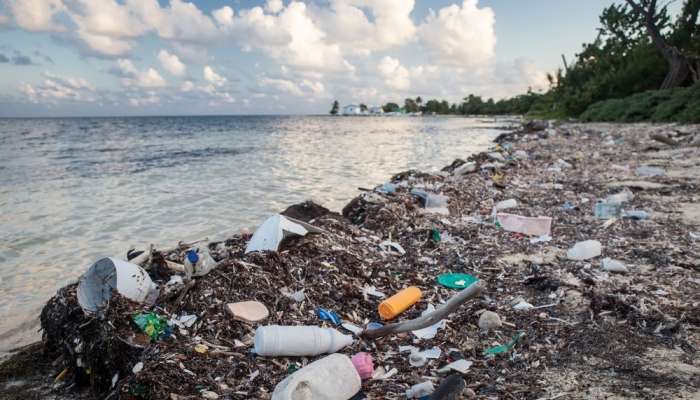

California, US: Researchers have found that certain bioplastics, widely promoted as biodegradable, failed to decompose in ocean conditions over a period of 428 days, according to a recent study that examined materials like polylactic acid, commonly employed in textiles and as a filament for 3D printing.
The results were unequivocal. Polylactic acid, alongside oil-based polypropylene and polyethylene terephthalate frequently used in synthetic textiles, showed strong resistance to degradation in marine environments. In contrast, natural fibers are fully decomposed around 35 days.
The research highlighted the misleading nature of labeling compostable plastics as biodegradable. This practice can foster a misconception that these materials will decompose in any natural setting rather than in industrial environments.
Scientists estimate that over 170 trillion plastic particles float in the ocean. Even with the increasing popularity of bioplastics, the stringent conditions necessary for their decomposition can exacerbate ocean pollution if the materials end up in the water, warns the study.